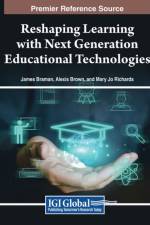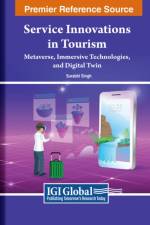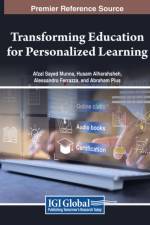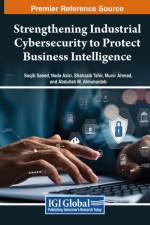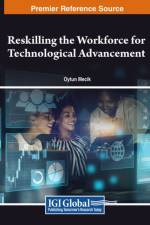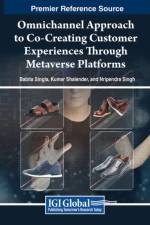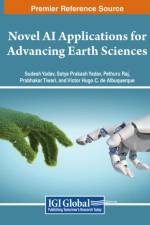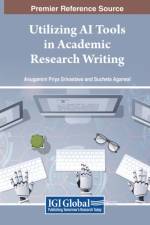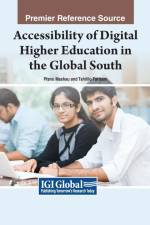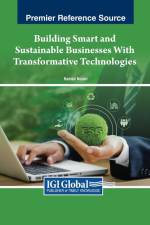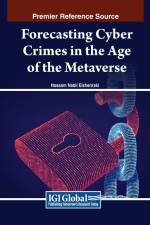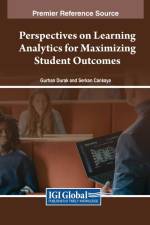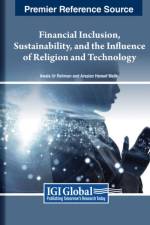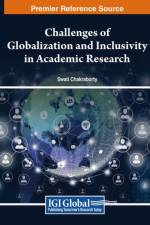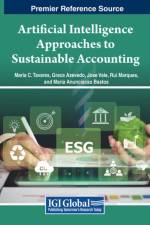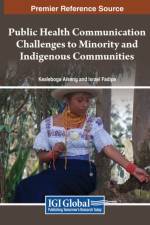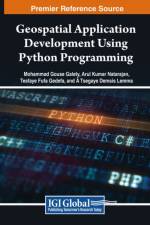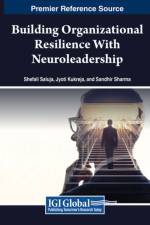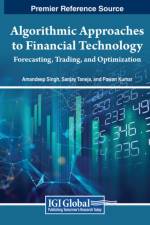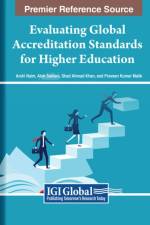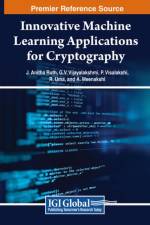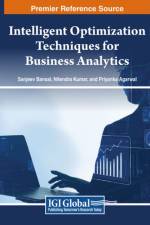2 821
The pressing necessity to overhaul education systems to align with the demands of the contemporary world rises. Transforming Education for Personalized Learning delves into the imminent challenges besieging education, offering pragmatic solutions to metamorphose classrooms into dynamic learning environments with research, real-world illustrations, and expert perspectives. It scrutinizes fundamental shifts required in pedagogical methods, curriculum construction, assessment frameworks, and the judicious integration of technology. Central to its philosophy is the accentuation of personalized learning, the cultivation of critical thinking, and the nurturing of creativity and collaboration among students. Emphasizing an inclusive and equitable educational system, the book discerns the varied needs and strengths of learners. It advocates for a future where educators evolve into facilitators of learning, armed with strategies to adapt teaching styles, embrace innovative pedagogies, and craft engaging and purposeful learning experiences. It underscores the imperative for a paradigm shift in education, cognizant of the demands of the 21st century. It advocates for personalized learning approaches that cater to individual strengths, interests, and learning styles. The book also explores innovative teaching methodologies, instructional design, and the effective integration of technology to enhance critical thinking, collaboration, and creativity. The book targets educators, school leaders, policymakers, teacher educators, parents, educational researchers, students, professional development providers, educational consultants, advocacy groups, and non-profits.

